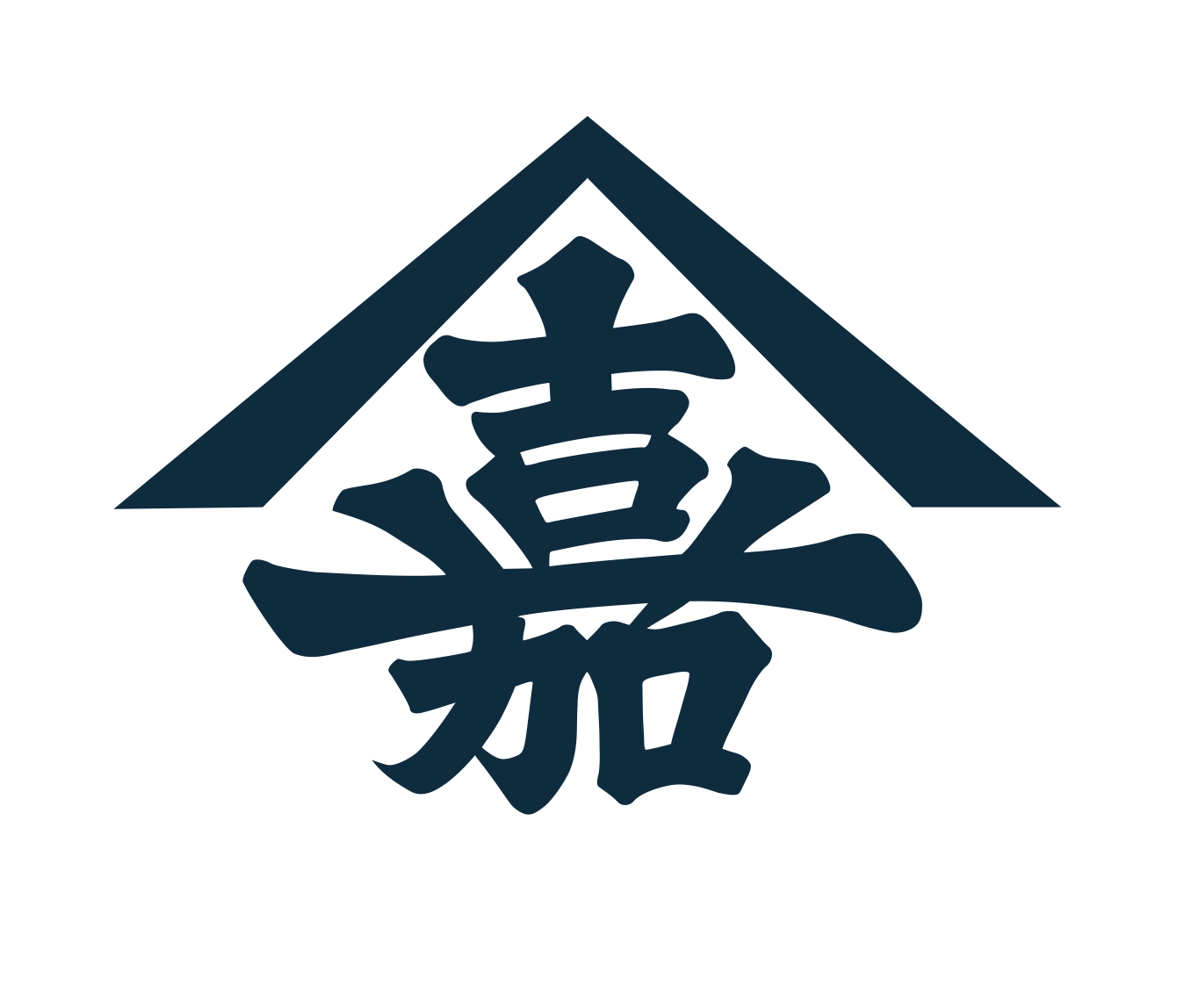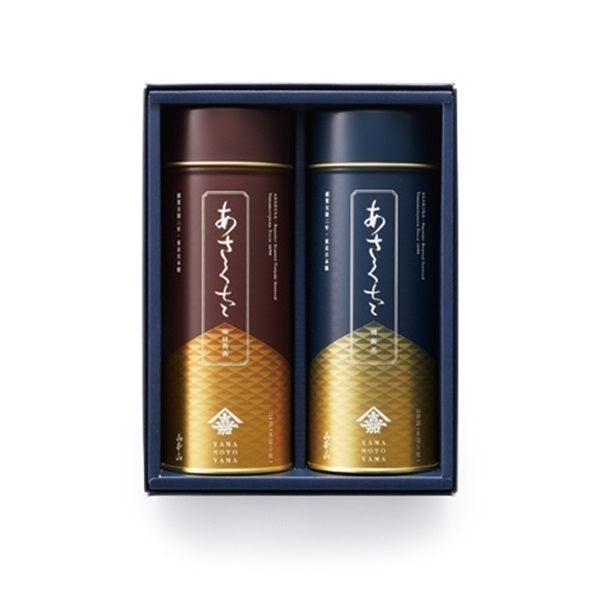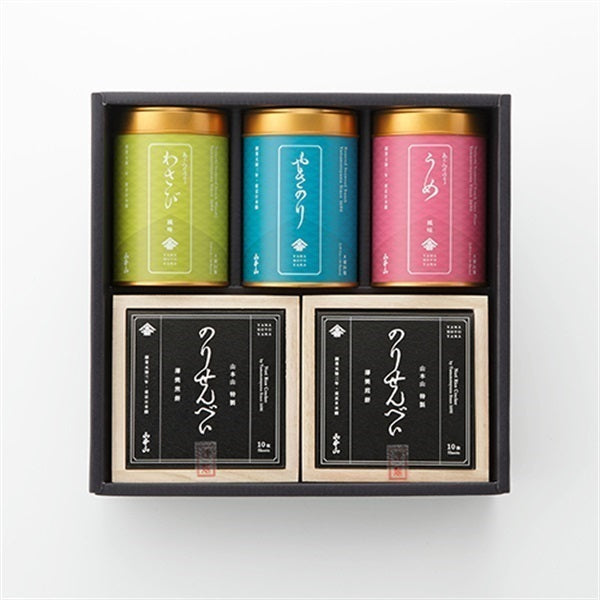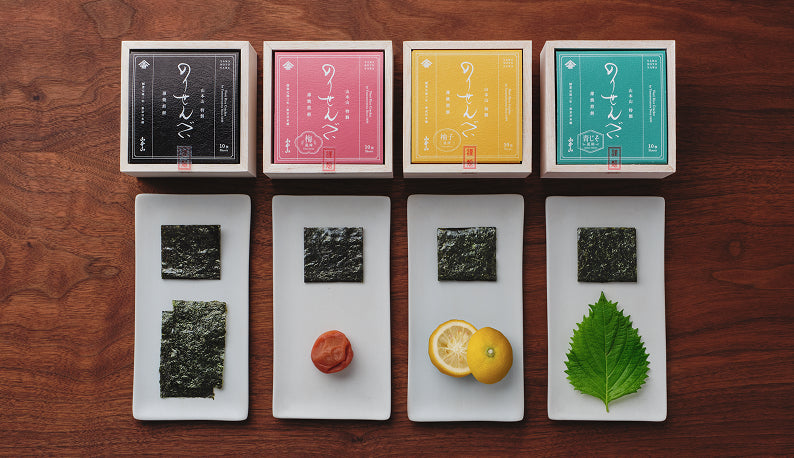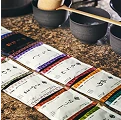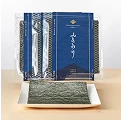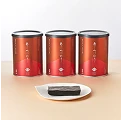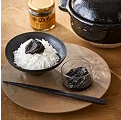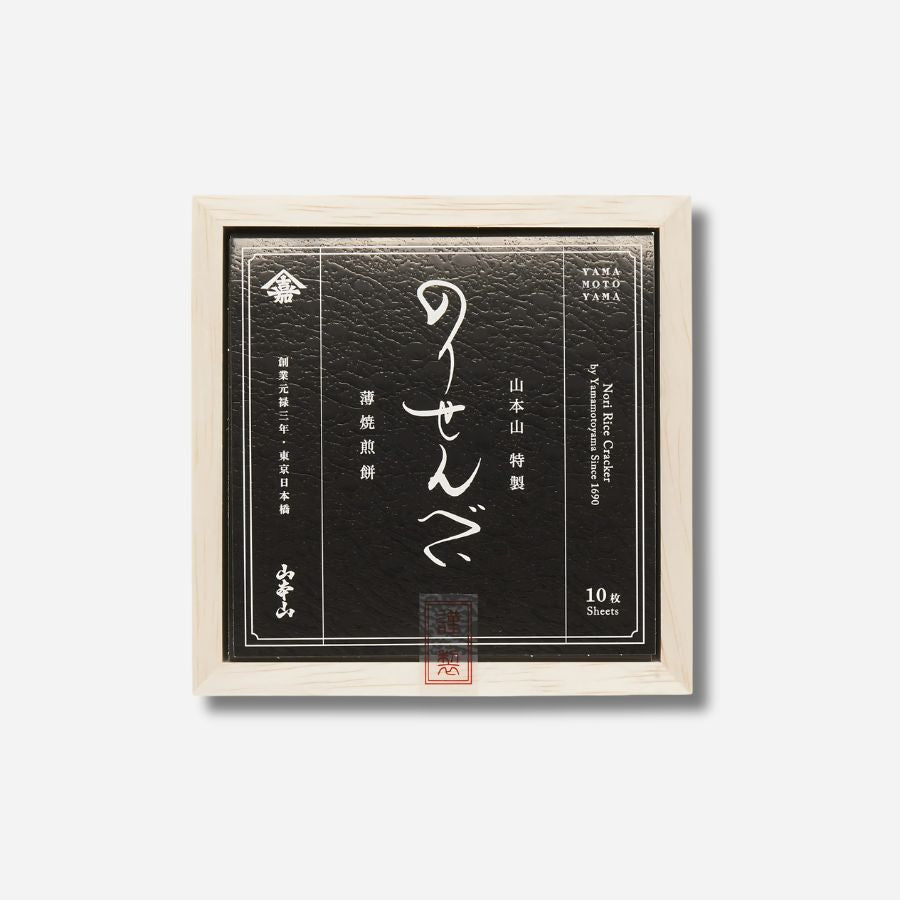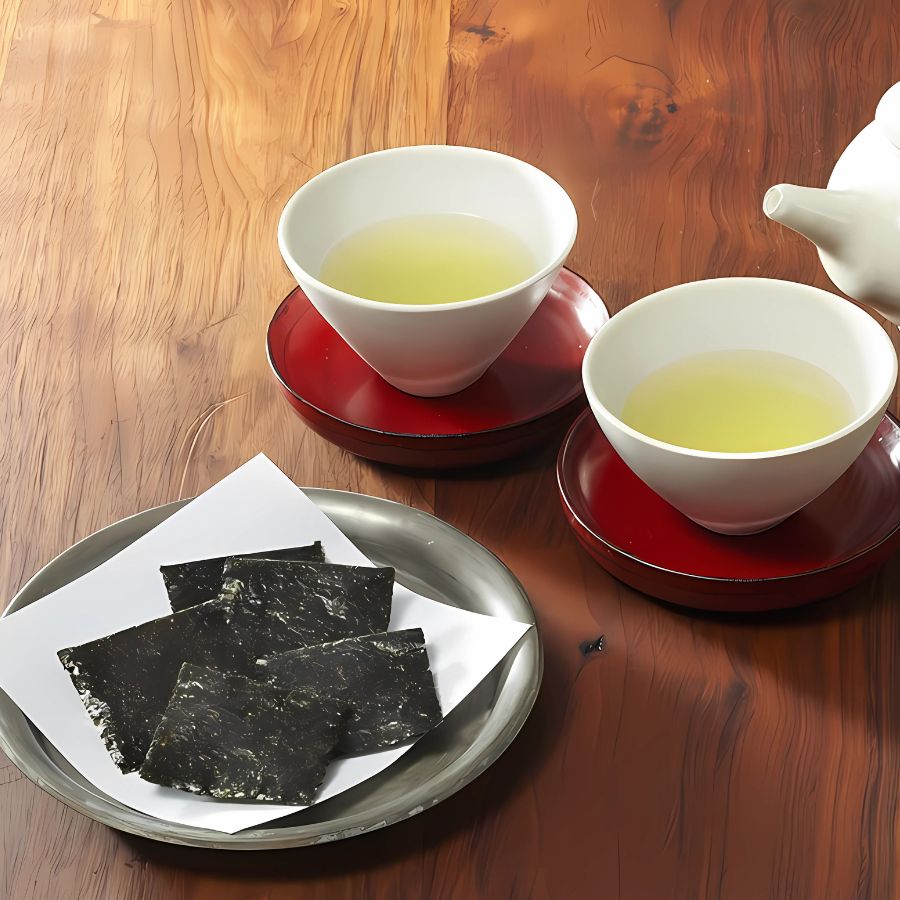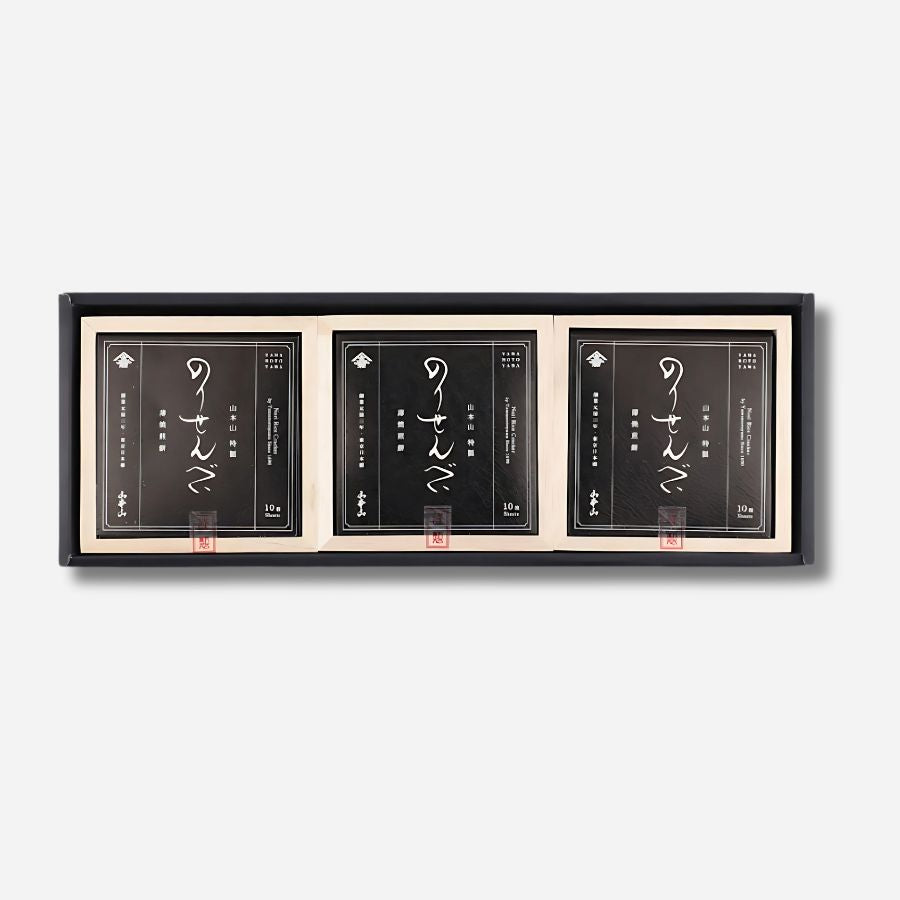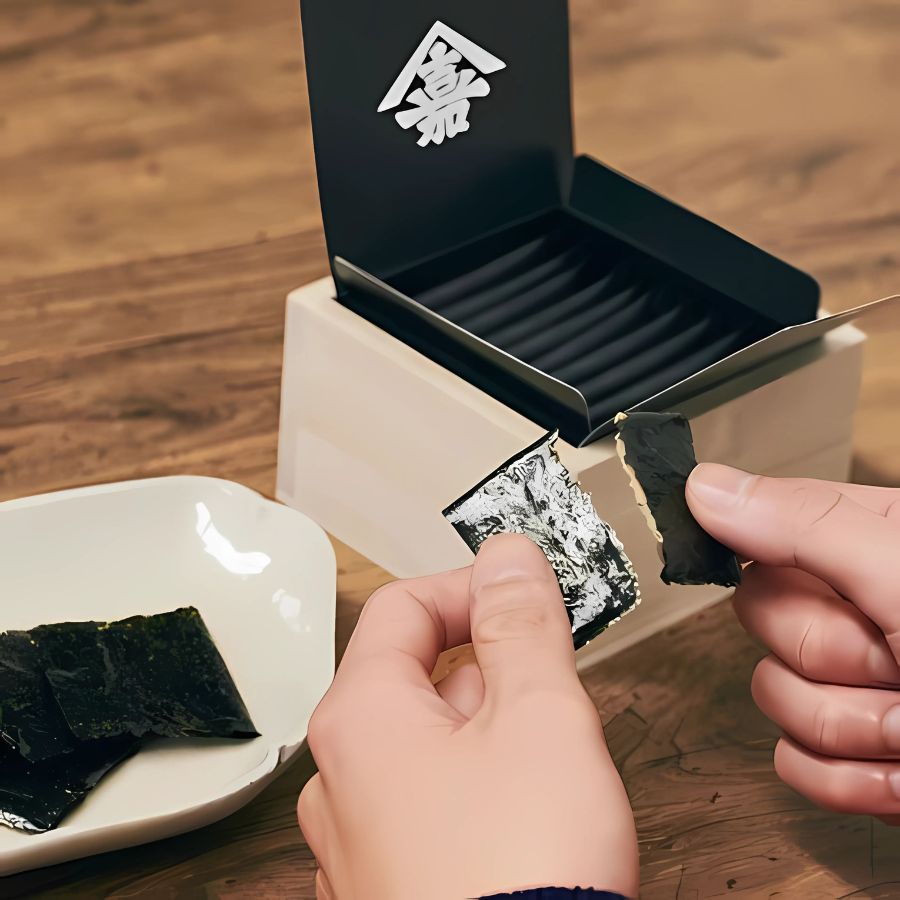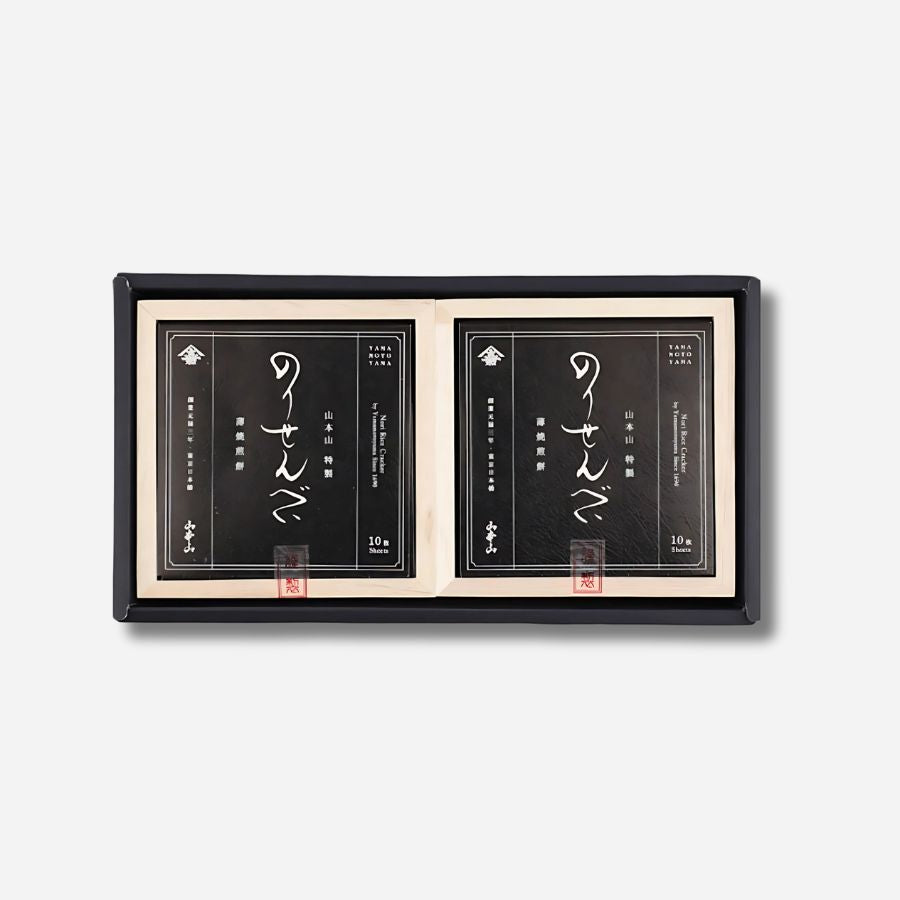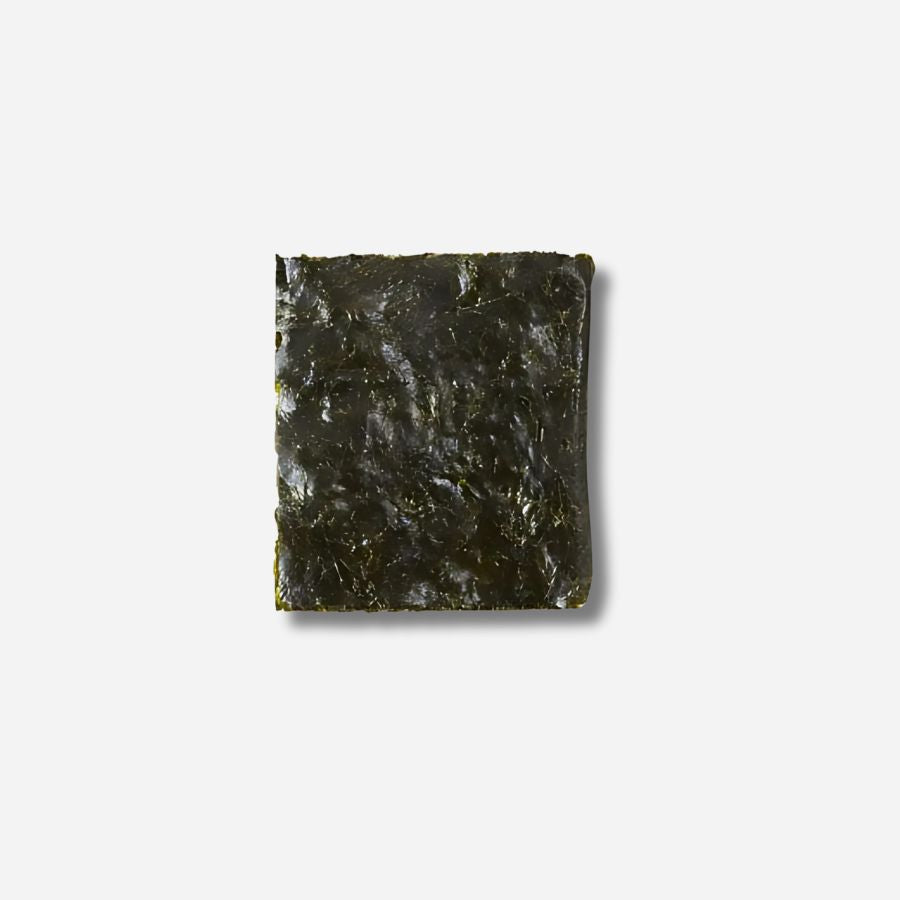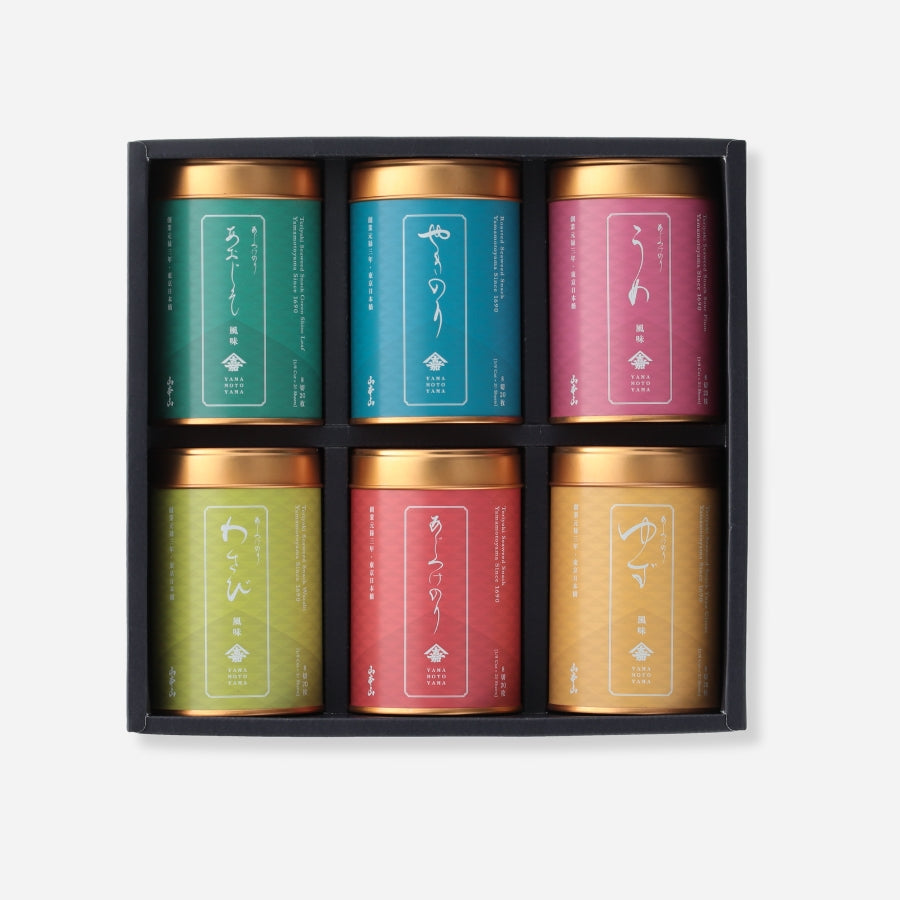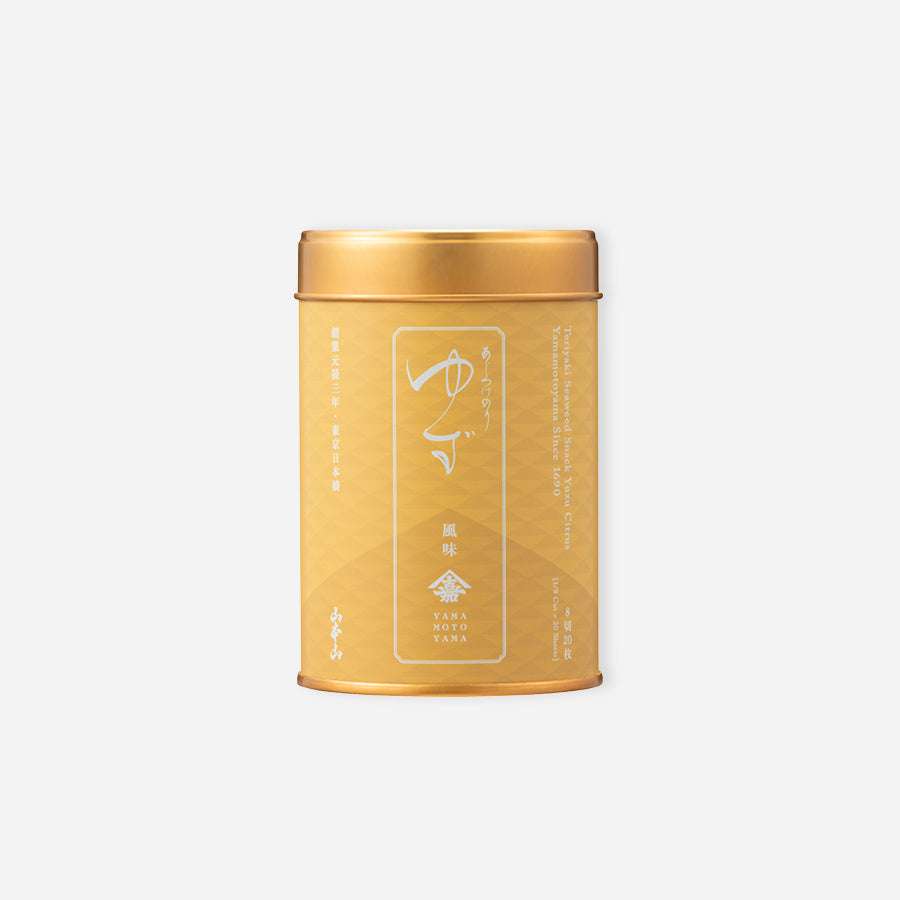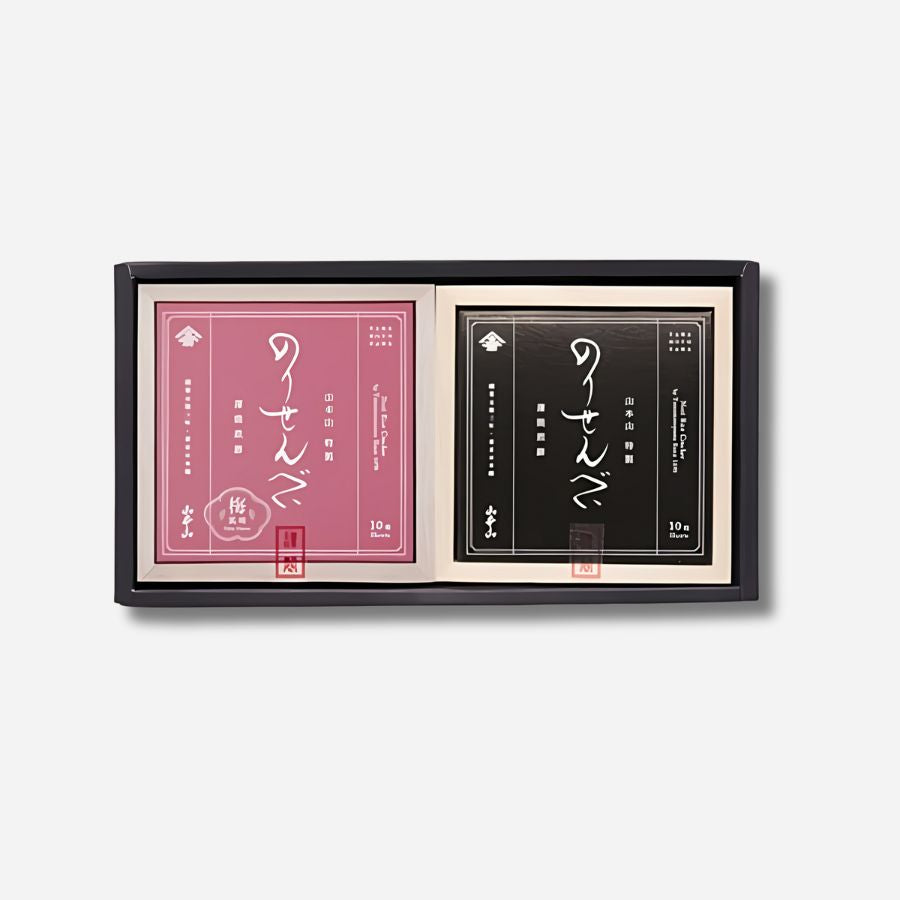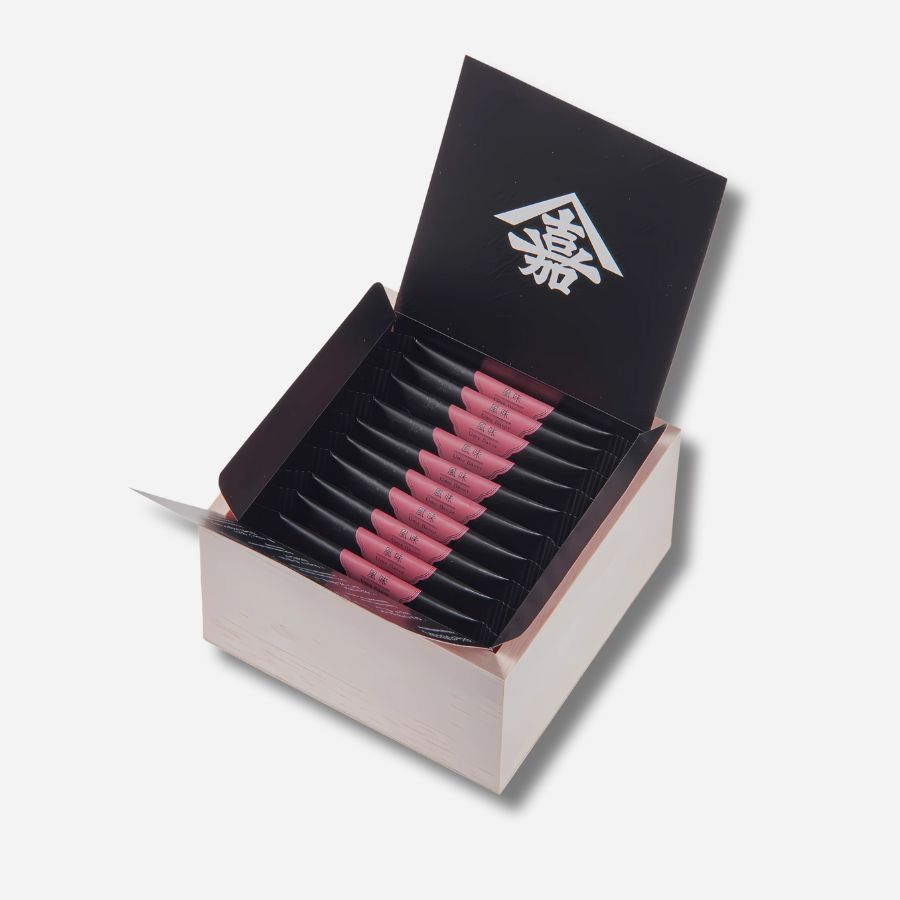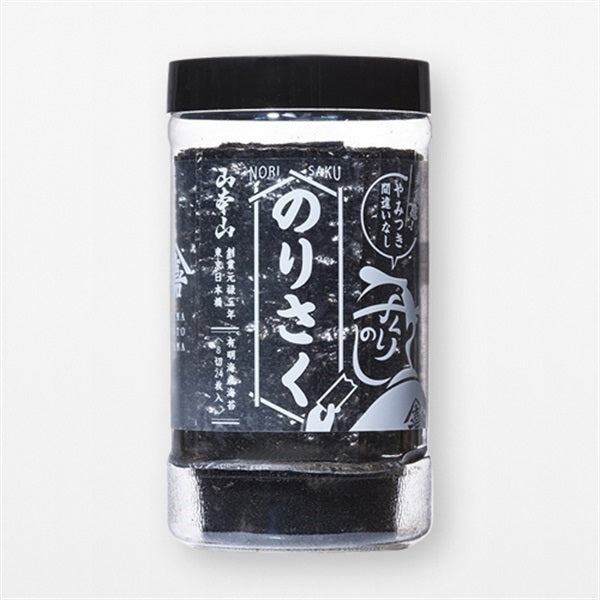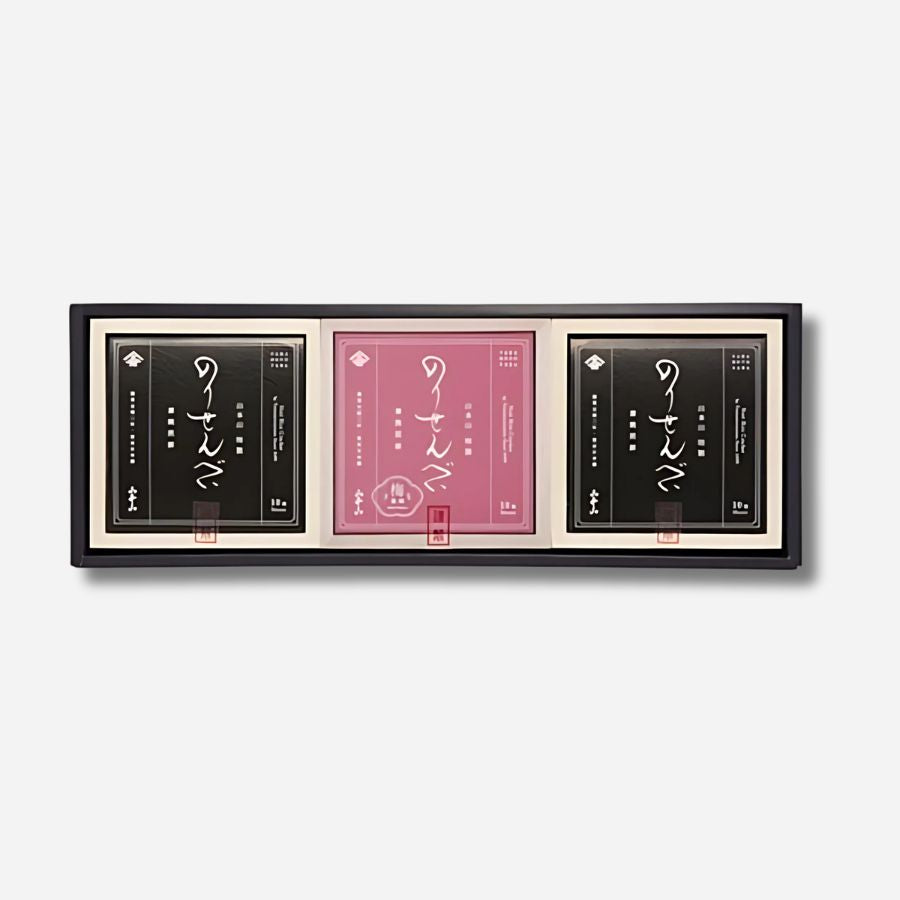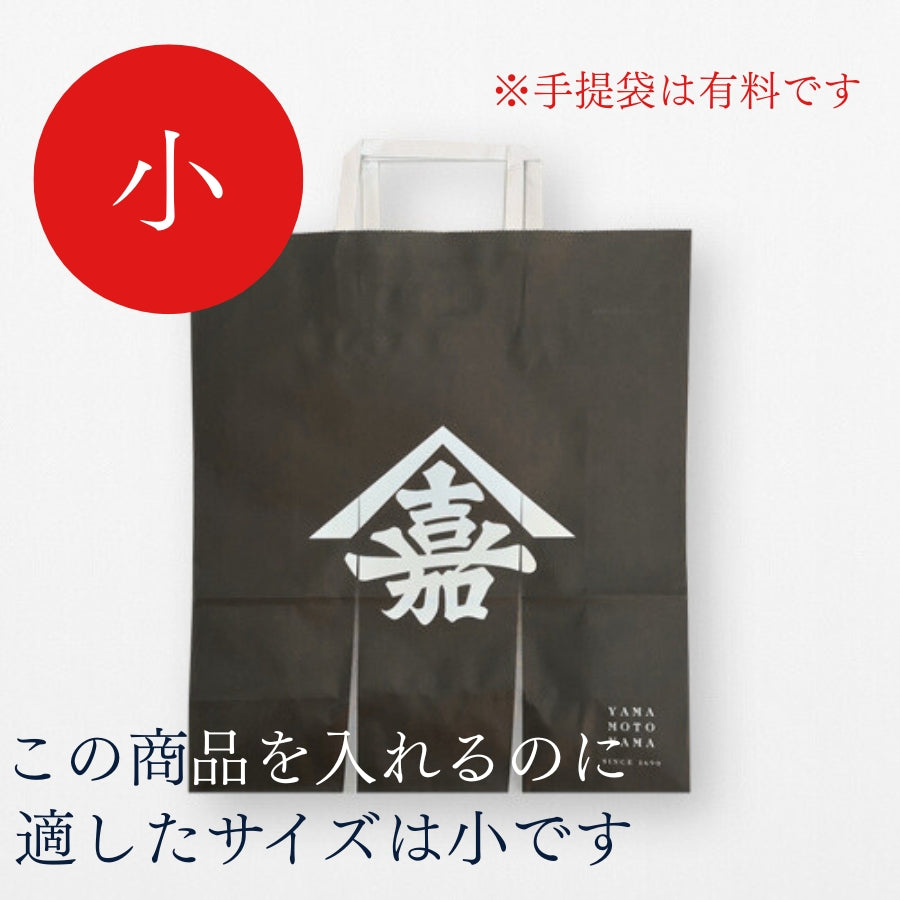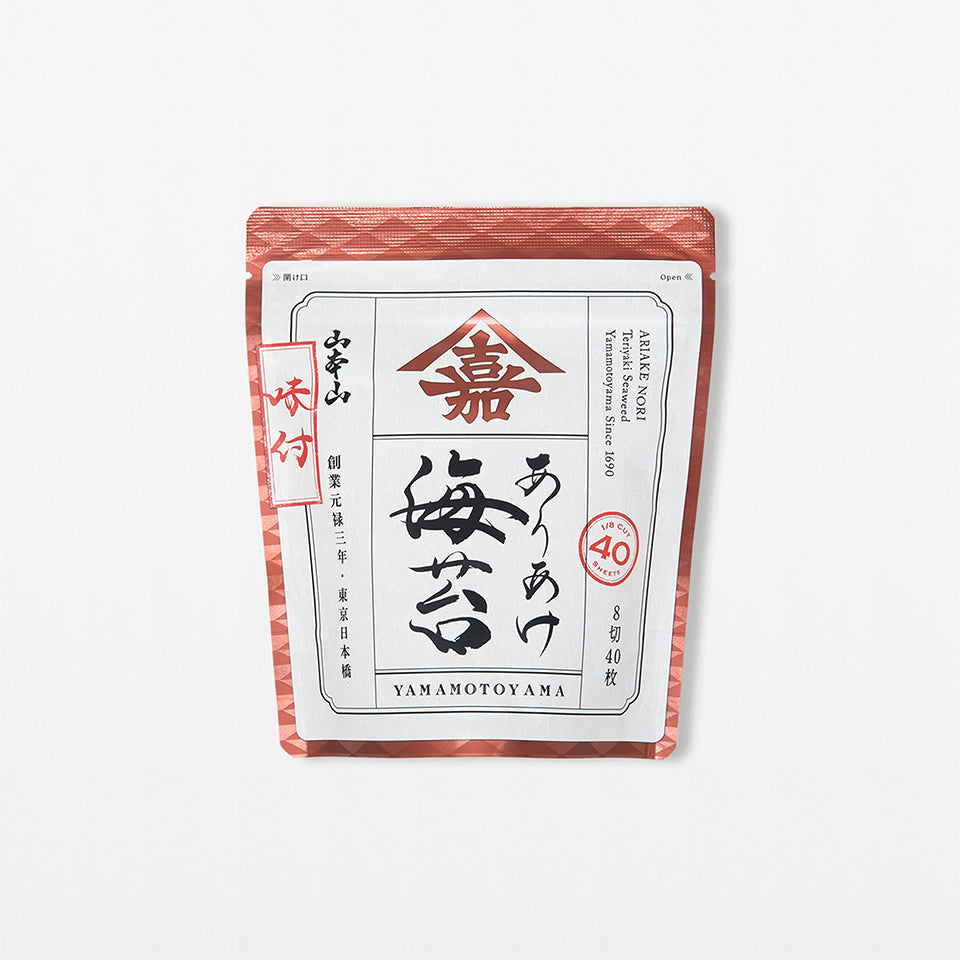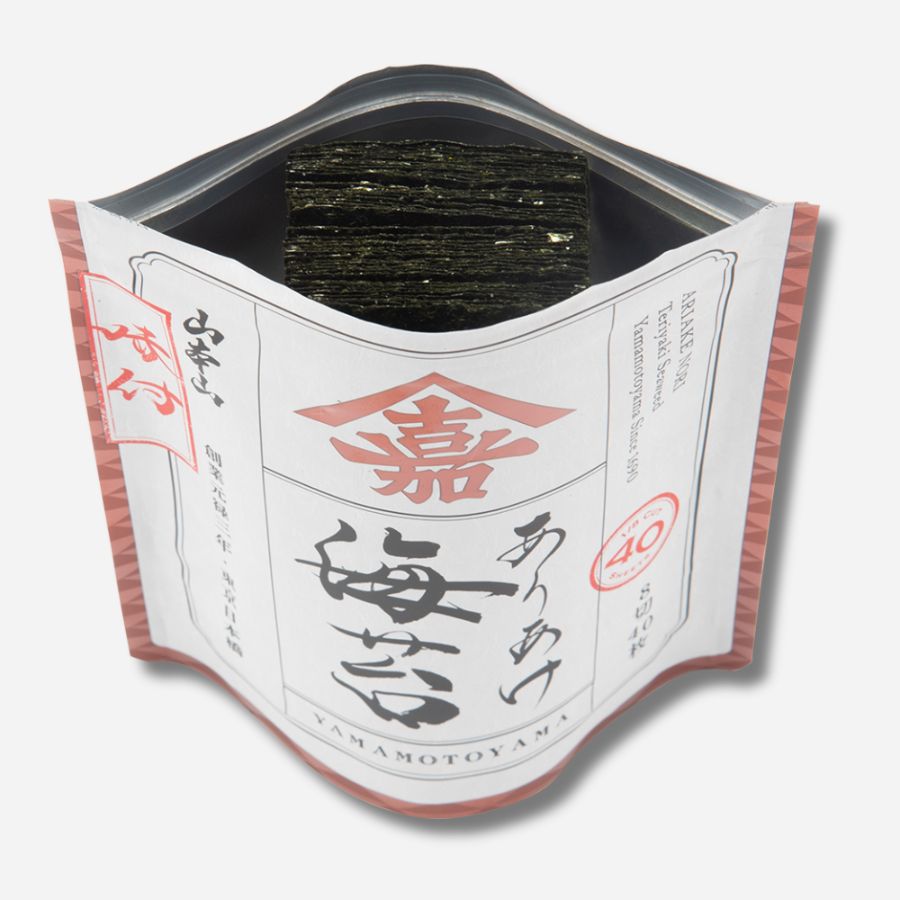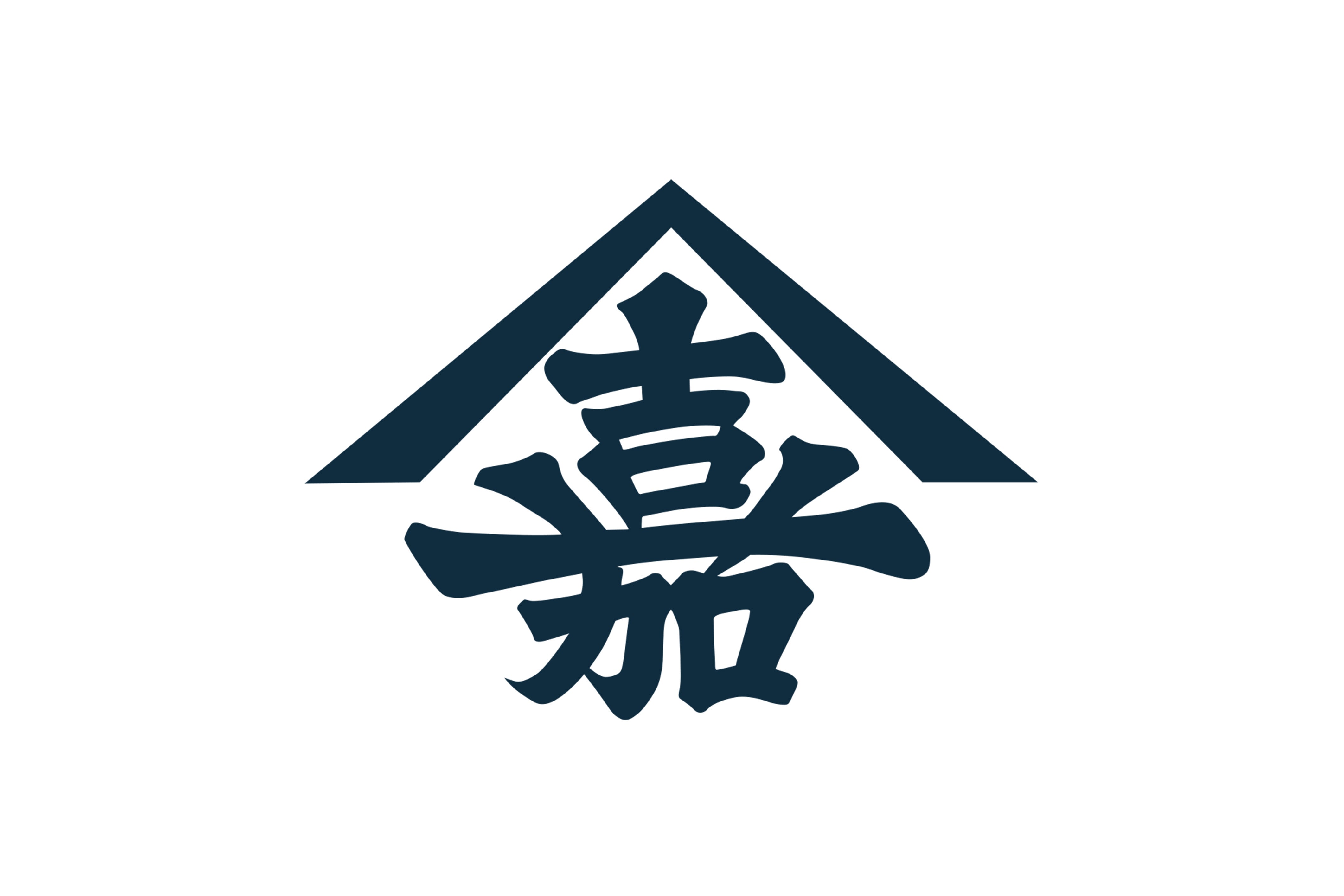Access Denied
IMPORTANT! If you’re a store owner, please make sure you have Customer accounts enabled in your Store Admin, as you have customer based locks set up with EasyLockdown app. Enable Customer Accounts
-

寒い日に、一杯のぬくもり。
-

新しい年に、和の味わい。
New Arrivals
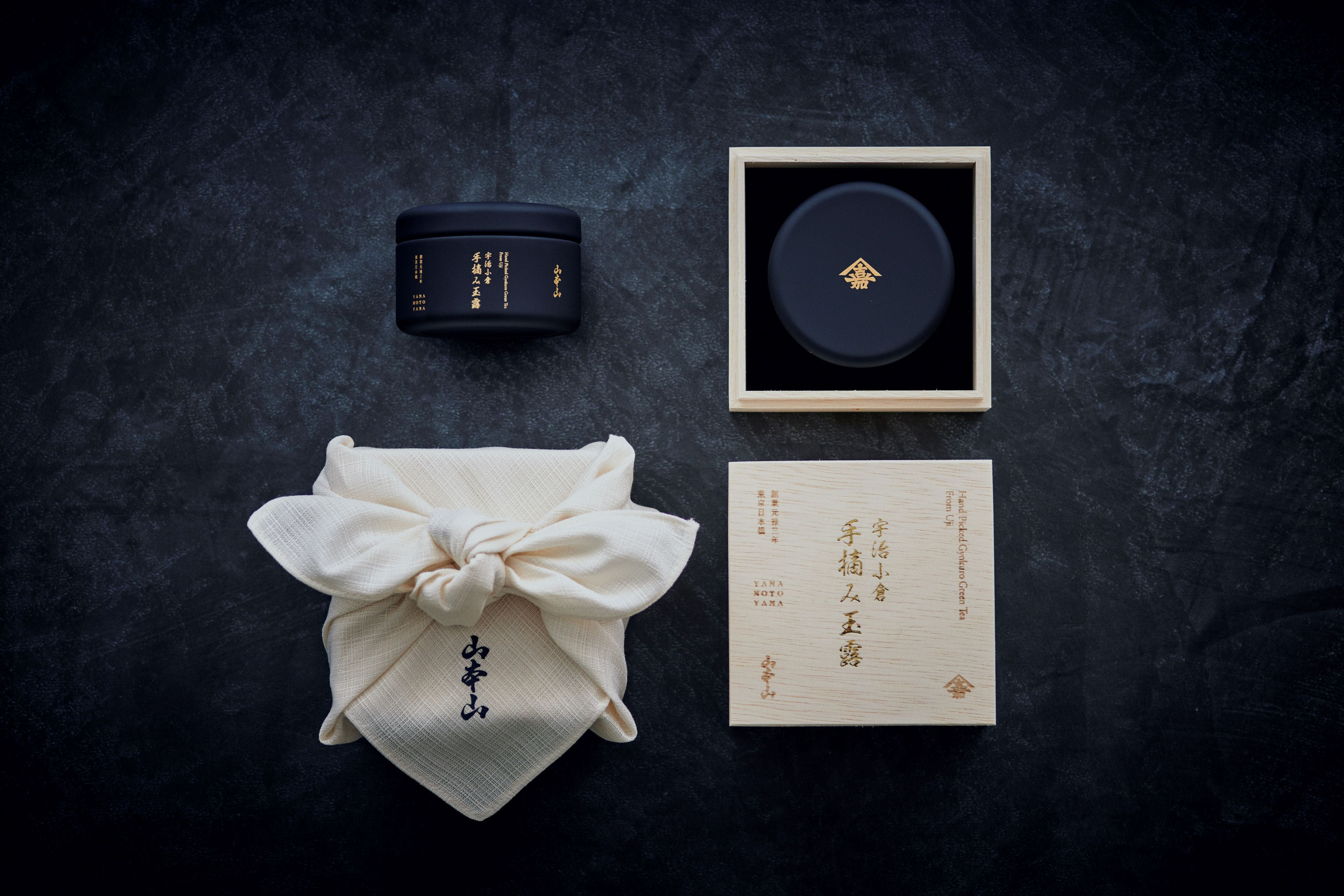
玉露発祥の地 京都・小倉
High-quality seaweed for rice balls
This is the special nori seaweed used for rice balls at Ochazuke Onigiri Yamamotoyama in Shinjuku, Tokyo. (60 sheets, 3-cut size)
Made with high-quality seaweed from the Ariake Sea, it boasts first-class luster, taste, and aroma, allowing you to enjoy the taste of a specialty store right in the comfort of your own home.
Popularity Ranking
Yamamotoyama's special "Nori Senbei"
Sale price¥1,296
Nori rice crackers (set of 3)
Sale price¥3,888
Nori rice cracker set of 2
Sale price¥2,592
Assorted seaweed
Sale price¥3,240
Set of 2 Nori Senbei and Plum Flavored Nori Senbei
Sale price¥2,916
Nori Saku, a seaweed snack
Sale price¥648
Assortment of 3 Nori Senbei and Plum Flavored Nori Senbei
Sale price¥4,212
Ariake Nori "Flavored" Stand Bag (8-cut, 40 pieces)
Sale price¥648
About Yamamotoyama
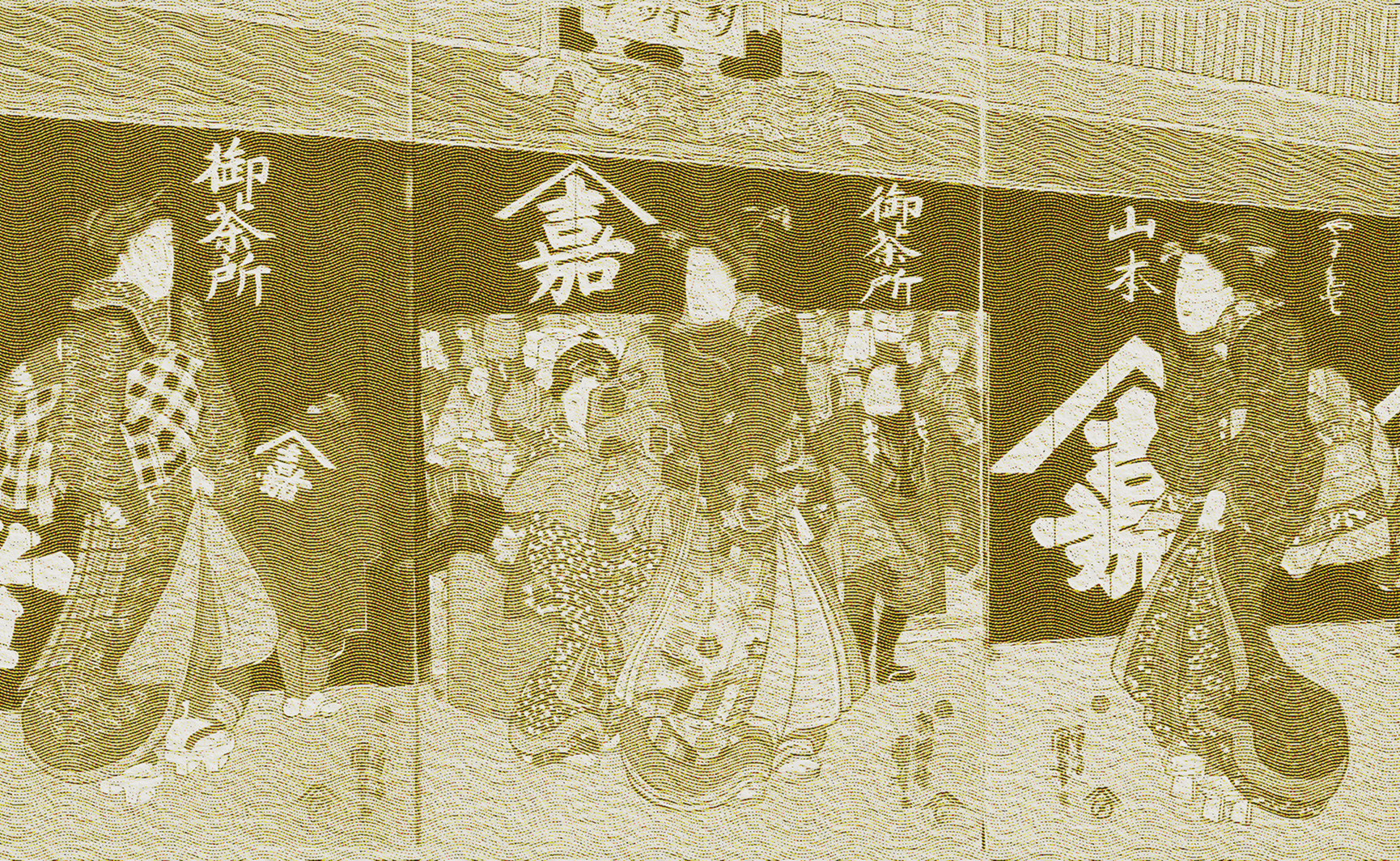
We will introduce the history of Yamamotoyama from its founding in 1690 (Genroku 3) to the present day, as well as our commitment to tea and seaweed.
Invalid password
Enter
